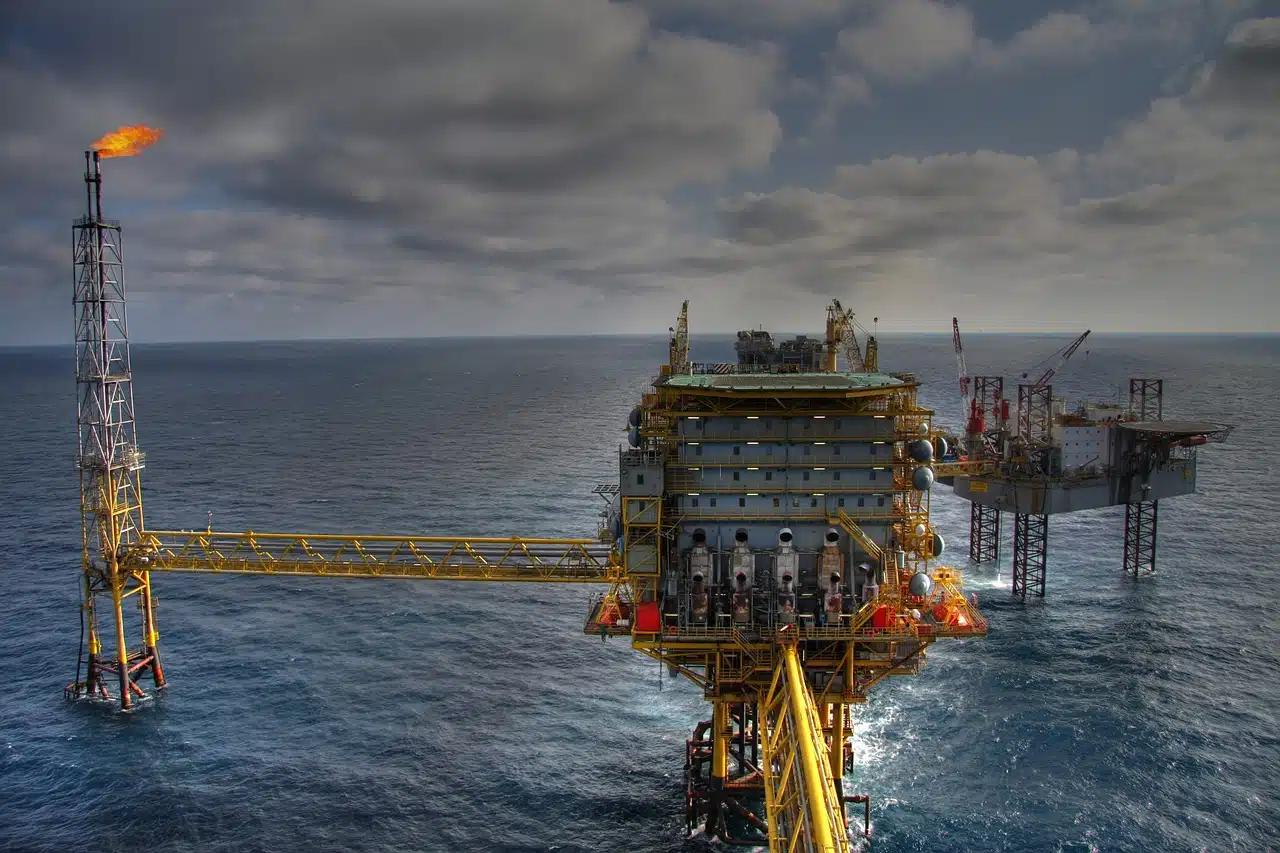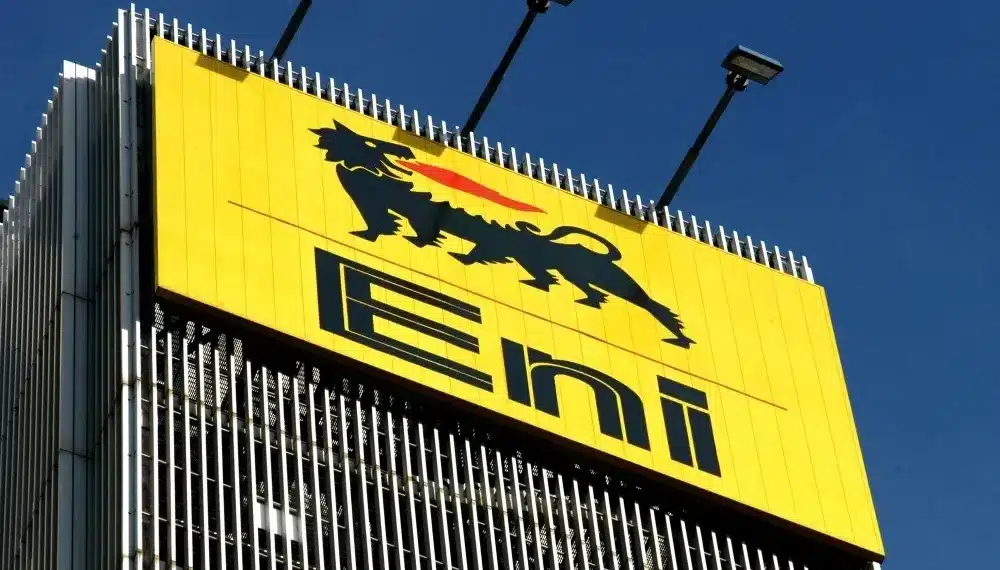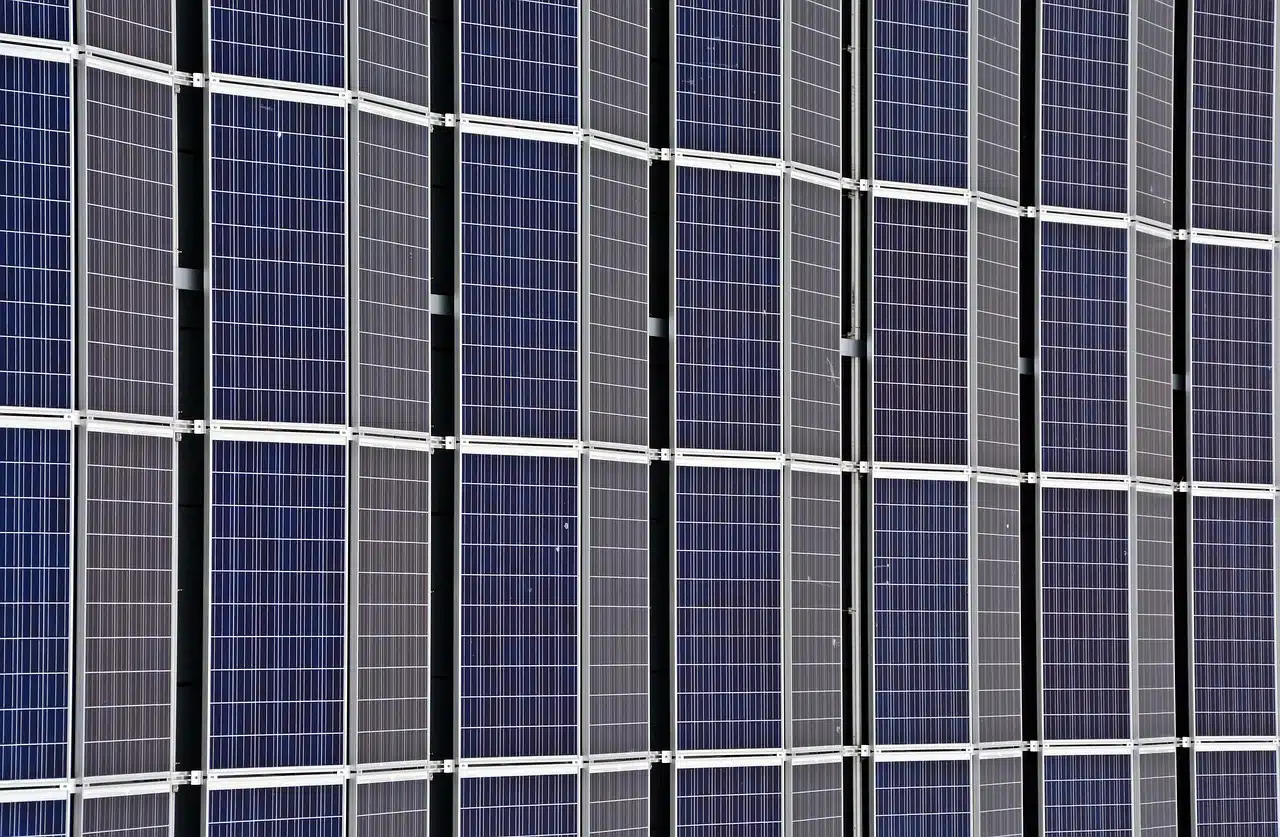West African country, Ghana, has reported an increase in its oil revenue to $1.3 billion in 2024, experiencing a 27.81% rise compared to the $1.06 billion earned over the same period in 2023.
Data from Ghana’s Ministry Of Energy and Ghana National Petroleum Corporation (GNPC) revealed the increase was underpinned by an average crude oil price of $81.15 per barrel in 2024, up from $74 per barrel the previous year.
According to the report, Ghana produced a total of 48.25 million barrels of crude oil in 2024 from its three main offshore fields: Jubilee, Tweneboa-Enyenra-Ntomme (TEN), and Sankofa-Gye Nyame (SGN/OCTP).
The output was distributed as follows:
- Jubilee Field: 30.44 million barrels
- Sankofa-Gye Nyame (SGN/OCTP): 11.09 million barrels
- Tweneboa-Enyenra-Ntomme (TEN): 6.72 million barrels
The Jubilee Field, the most developed in the country, accounted for the highest share of the total production.
Average daily production figures showed Jubilee at 83,409 barrels per day, SGN/OCTP at 30,374 barrels per day, and TEN at 18,401 barrels per day.
Officials noted that while Jubilee maintained stable production levels, TEN and SGN/OCTP saw a slight decline in output compared to 2023.
GNPC mentioned that Ghana’s ability to sustain production despite global supply challenges had supported stronger receipts and provided additional funding for national projects.
Gas supply and crude lifting
Apart from crude oil production, Ghana exported 280,441.10 million standard cubic feet (MMSCF) of natural gas from the same fields.
The SGN/OCTP Field led gas deliveries, contributing 48.80% or 136,824.76 MMSCF, while Jubilee and TEN supplied 85,385.23 MMSCF and 58,231.11 MMSCF respectively.
GNPC and its partners completed six crude oil liftings in 2024, covering all three offshore fields.
The Jubilee Field accounted for three liftings totaling 2.86 million barrels, SGN/OCTP had two liftings with 1.90 million barrels, and TEN had a single lifting of 994,478 barrels.
Total revenue from these crude oil liftings stood at $843.52 million, representing 62.12% of Ghana’s total petroleum receipts for the year.
Sector outlook and context
Ghana’s offshore production, anchored by international operators and GNPC’s oversight, continues to play a critical role in the country’s economic stability.
In recent years, government policies have focused on sustaining field performance and boosting exploration to offset natural declines.
Industry analysts observed that despite production dips at TEN and SGN/OCTP, the higher oil prices helped offset potential revenue losses.
Meanwhile, the steady output from Jubilee underlined the importance of mature fields in balancing Ghana’s hydrocarbon portfolio.






